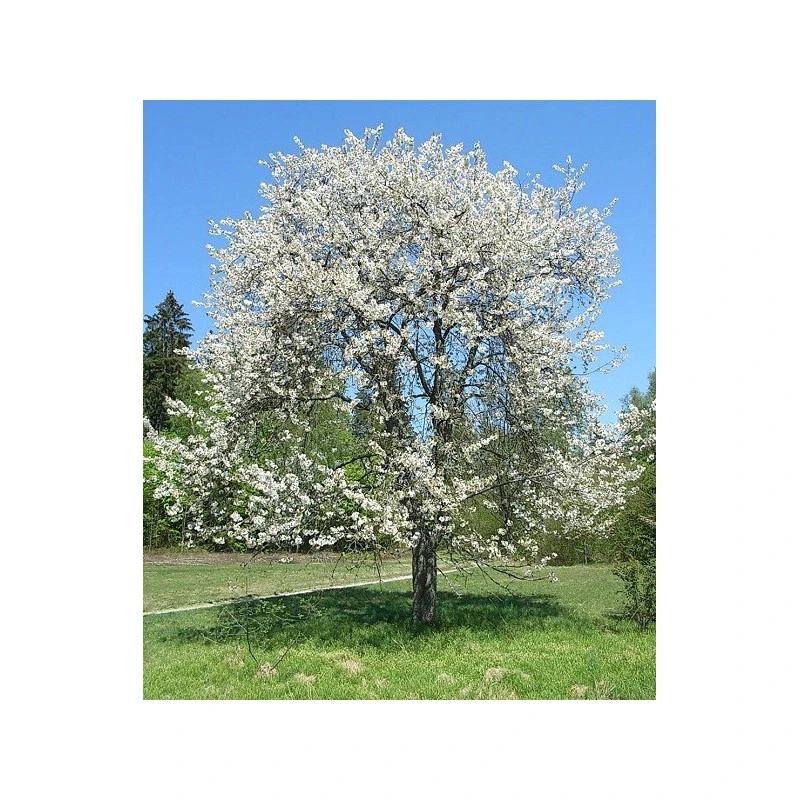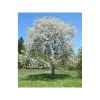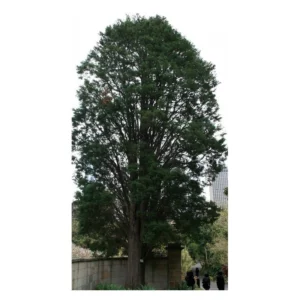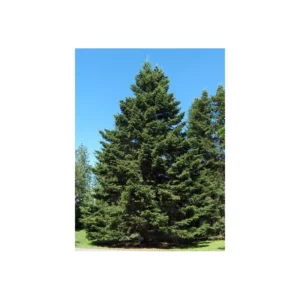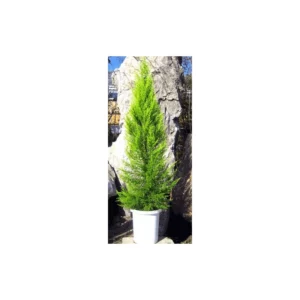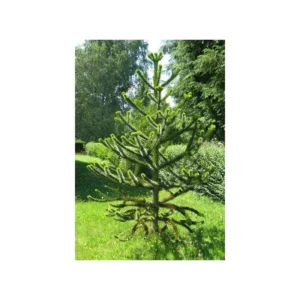Features:
Common name: Wild Cherry, Bird Cherry, Wild Cherry, Wild Cherry
Family: Rosaceae
Origin: Europe, Asia
Height at maturity: from 6 to 18 meters
Hardiness: -20°C
Exposure: sunny
Plant type: fruit tree
Vegetation: perennial
Foliage: deciduous
Flowering: spring
Flower color: white
Type of soil: ordinary, non-clayey, light limestone accepted
Watering: regular
Use: in the garden, planting fruit trees, fruit bonsai
Diseases and pests: aphids, cherry fly
Toxicity: –
Storage of seeds: 3 years in a dry place away from light at 3/4°C (refrigerator)
Description:
The genus Prunus is made up of many species, which are sometimes difficult to differentiate. The cherry tree can be recognized without error thanks to two or three nectaries (small nectariferous red glands) located at the base of its deciduous oblong leaves, toothed and pubescent below.
The cherry tree is a large tree with a straight and cylindrical trunk, very fast growing, which reaches 20 to 25 m in height and 0.60 m in diameter. It lives for about 100 years and is very light demanding.
Its thin bark tends to exfoliate. Its stalked white flowers are arranged in small groups.
Its fleshy fruits (cherries) are dark red or black, sweet or sour. They are used to make kirsch.
Habit: Narrow and relatively clear crown, with often regularly whorled branching, at least when young. In the adult state, rounded crown with slightly drooping branches at their end.
Rooting: powerful, deep roots and fairly long creeping roots.
Coverage: light. Produces a light litter, easily decomposed, generating good soft and improving humus.
Cherry, like all fruit trees, provides wood with good mechanical properties (resistance to compression, traction or bending); nevertheless, it has a medium shrinkage on drying and can be quite nervous at times.
